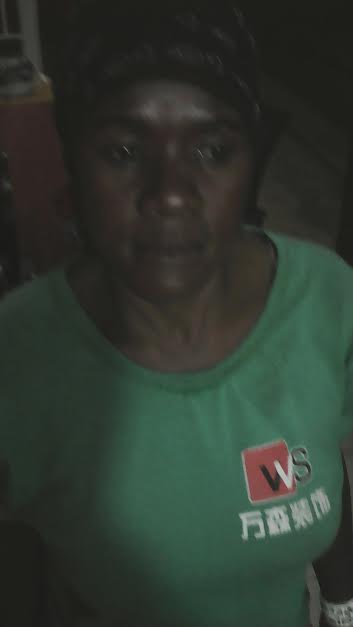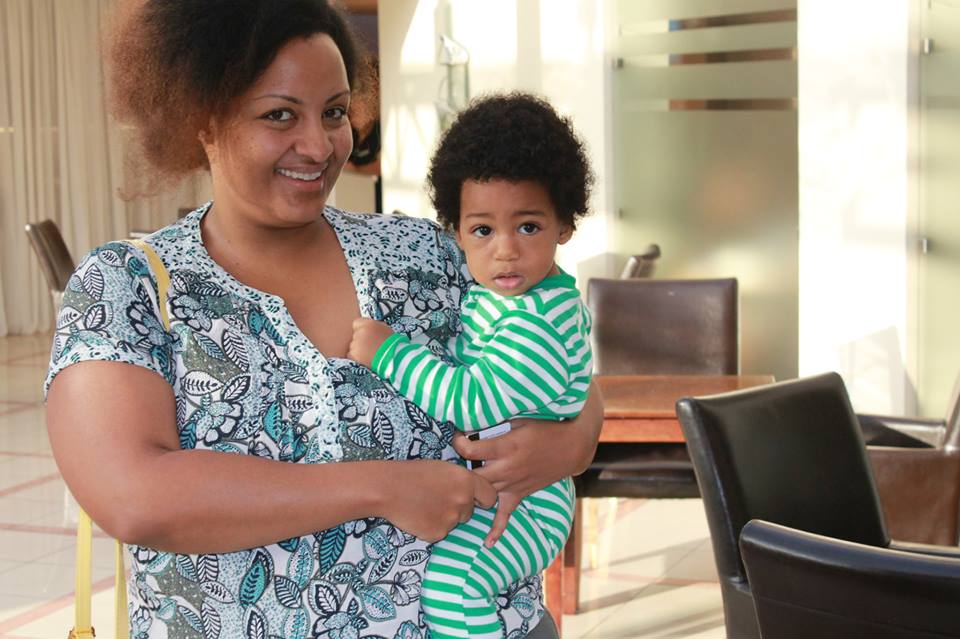Hollywood’s recent tendency to delve into the past for creativity recently brought to our screens a movie starring actresses Taraji Henson alongside Janelle Monae and Octavia Spencer.
In the movie they act the lives of three African-American women who contributed a great deal to the launch of National Aeronautical Space Agency (NASA’s) first-ever spacecraft despite facing harsh restrictions in the then racially divided America.
Little was known about these women nor thier work until just recently when ‘Hidden Figures’ hit the box office, a clear indication of the inequality that has existed among the two sexes. While history keeps records of many a great man who ever lived, very little is recorded or considered when it comes to the ‘fairer sex’. Truth be told, this is largely because today’s society is largely patriarchal with vices like chauvinism still an enigma.
Anyhow, we are fast approaching that period in the year where public holidays are more than a periodical appearance but rather a constant and this is usually marked by the first significant holiday of the year: Women’s Day.
In recent times women’s rights have moved from the Victorian era where women were no more than a possession to be appraised, to being the most discussed and challenging topics as they continue to fight gender based marginalisation that still exists in society. Indeed, by exercising thier rights and freedoms more women have come to assume roles in society that give them power, courage and equality to shape the world alongside their male counterparts.
In that regard we look up to women like German Chancellor Angella Merkel and our very own political activist Miria Matembe, who has taken it upon herself to ensure the rights of all women in Uganda are respected.
Indeed, today we see women occupy various prestigious positions not only in parliament but in all types of vocations and expertise and these have campaigned vigourously against harmful practices such as female genital mutilation or child-brides.
Intriguingly, the road to equality for women in most societies is still a long and rather sensitive one with new laws coming up and others taken down for either the empowerment or emancipation of women.
History has long served to show us that the fairer sex is far more capable than what is initially assumed by not only biology but society as well, take for example historical women such a St. Joan of Arc or Margaret Thatcher who not only broke traditions but led many into new ones. Even the religious works still evident today hold certain women like Mary the Mother of Jesus and Esther in very high regard.
Indeed, women have broken barriers not only within their families but in society as well; conquering territories they were previously deemed ineligible and performing feats that surpass even the criteria of those already entitled.
So, with the patriarchal order threatened, women continue to suffer at the hand of society where many of the rules and laws are dictated in favor of the man but nonetheless the woman continues to break and challenge the status quo that is involuntarily thrust upon them from the very minute they are birthed.
Needless to say, of recent we have seen the extremities of feminism and women empowerment and the lengths to which women will go to protect what is rightfully theirs.
Just last year, now famous Makerere academic and human rights activist Stella Nyanzi stripped naked in protest to an unlawful termination of her research contract at Makerere University.
After the incident that earned her with a fairly large number of followers (especially on social media) Stella Nyanzi has been at it, not only barraging big organisations but individuals in the public with a foul mouth that has largely contributed to her new-found fame. Her recent social media rants focused on the First Lady Janet Kataha Museveni and the failure of the NRM government to provide sanitary towels for student girls, as promised during election campaigns by President Yoweri Museveni.
This undertaking has landed Nyanzi under the microscope of recent investigations by police due to a Facebook post(s) she ever so candidly shares with her following.
But she is relentless and has challenged the government by setting up a charity fund to facilitate acquisition of the desperately needed sanitary pads and so far the charity has managed to get about US$1000 in donations.
What other women who have persevered say:

Annette Ninsiima
“A lot has changed over the years from back in the day when we were growing up and women weren’t as free, but still there is still much to be done and a long way to go as far as women’s rights are concerned. The idea here in Uganda is that women are expected to drop everything and become housewives after marriage but at least with today’s communication, awareness is brought to so many of us; its why today we can see so many highly educated women and now female doctors are a good number,” Ms 40-year old Annette Ninsiima, a businesswoman who owns Ambishion, says.
According to her, despite women progressing under the current government, there is a lot to be done.
“For example, I don’t believe that there can be no sanitary pads for girls going to school: it is part of a girl’s right to have freedom to move freely including going to school” Ms Ninsiima says.
She adds: “How can she do so if she is hindered by nature and government? Also laws requiring child support from both parents should be implemented for single mothers and fathers shouldn’t leave all the work to the mothers just because they are not married.”
Ms. Ninsiima says she looks up to some inspirational women.
“Some of the women I look up to these days are Jessica Kayanja who is also a mother, businesswoman and spiritual leader as well as Michelle Obama who has really been a strong leader and paved way for many black women but always keeping her family first,” she says.
Mellissa Katto-Onyia
Ms Melissa Katto-Onyia, 35, a scholar, businesswoman and mother of two living in the diaspora is concerned about the political influence women have in today’s society.
“As concerns women’s rights and freedoms, we can now vote, there is access to education for more girls and also jobs although they are not fully there as concerns equal gender rights. Some roles are considered as ‘male roles’ or have male dominance and it’s a glass ceiling to break, look at Hilary Clinton,” she notes.
Indeed, she believes that in most developing countries where culture is strong, women are to be seen and not heard to an extent.
She also says women have better maternity rights to spend time with thier children outside of work but that domestic work is still largely left as a woman’s role and not a joint effort.
Further, according to Katto-Onyia, the sex industry is still a huge problem.
“Today women are treated worse than before when it was conservative and now women are being seen more as sex symbols and wives as possessions,” she notes.
Amina*

For Amina *, a hawker-cum-taxi tout along the Kampala-Ntinda route, women have all it takes to take on any tasks considered daunting.
“Before I became a taxi conductor I was a hawker with two children and I was never able to make things meet. I suffered mainly because the father of my two children refused to help me. It was only until Jennifer Musisi and her team came and gathered a group of us young women and gave us support that we were able to support ourselves,” Ms Amina says.
She adds: “I have been able to make a living from this taxi business for three years now. I must say that it has not been easy working in such a male dominated environment but the woman of today is far more aware and active than the Ugandan woman of the past.”
According to Ms. Amina, the government should continue being innovative and identify programmes which can help helpless mothers and young girls to find jobs and an education.
“These areas are still grey despite the fact that we are capable of contributing equally to development like our male counterparts.”






